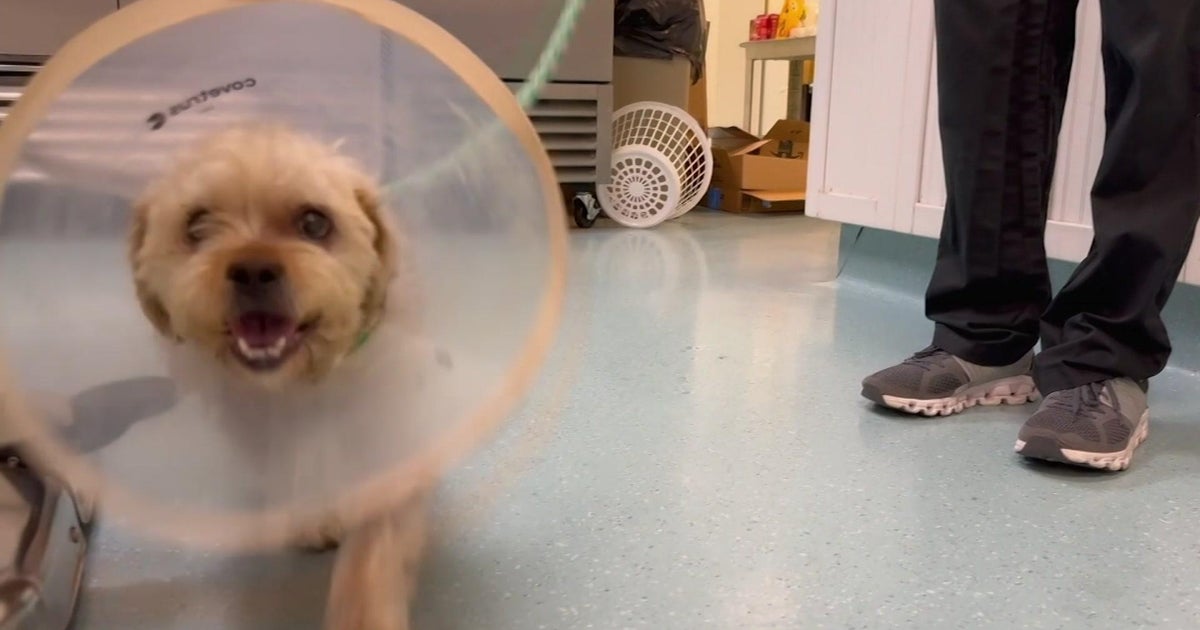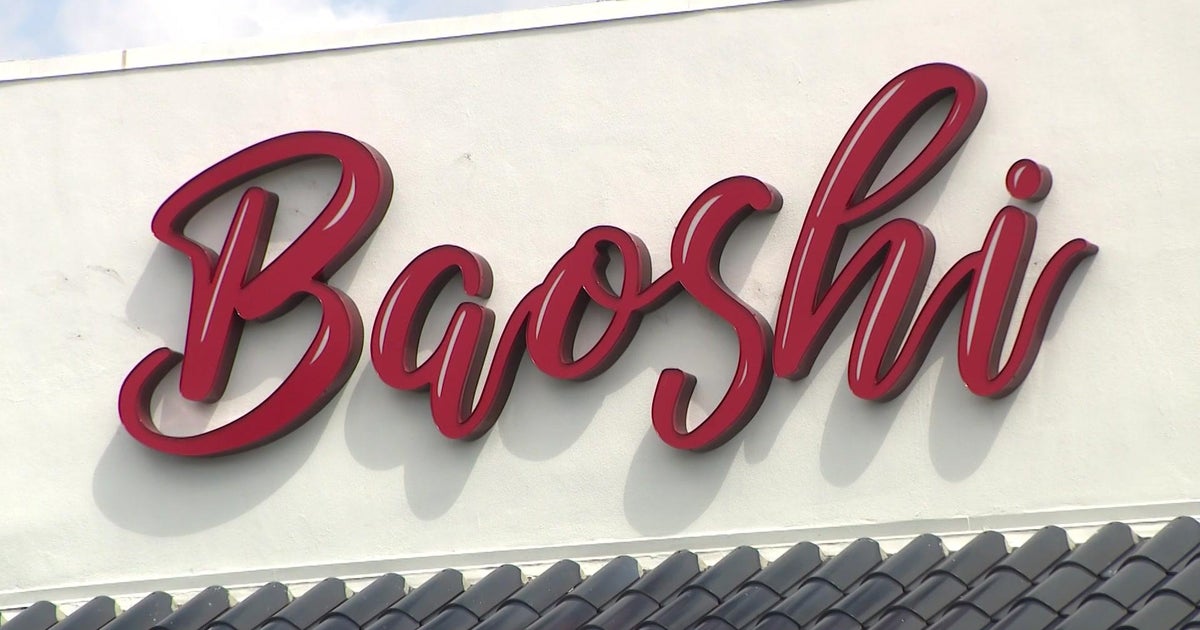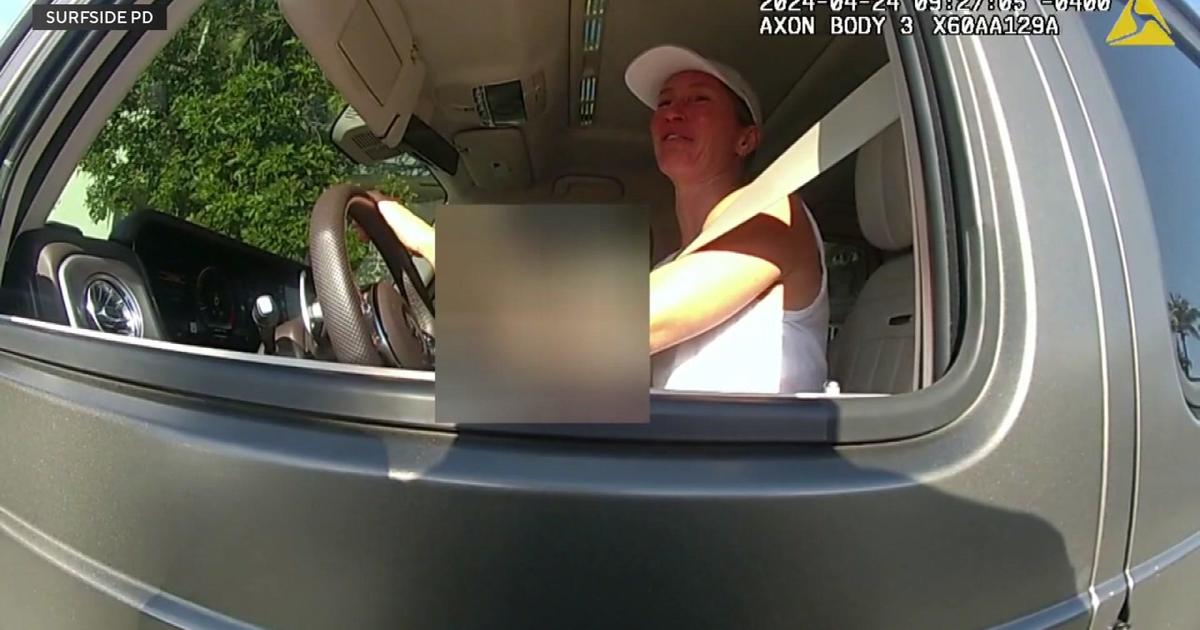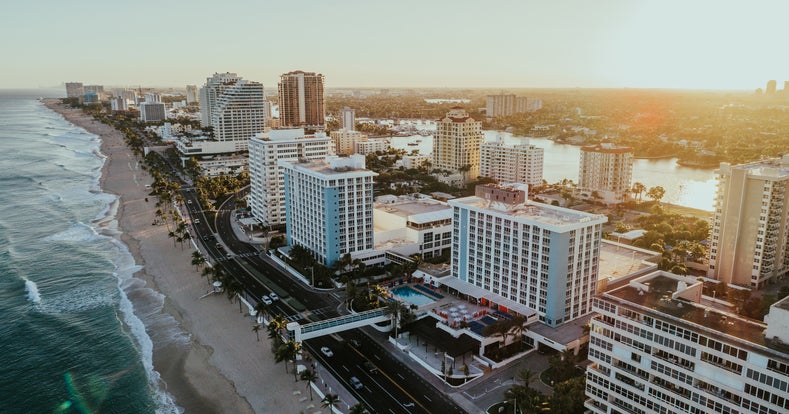Commissioner Nikki Fried: 'Agriculture Is Struggling' As Farmers Have No Place To Deliver Food
MIAMI (CBSMiami) – As the coronavirus decimates Florida's largest industry – tourism – the state's second most important economic driver, agriculture, is facing a similar dire circumstance.
"Agriculture is struggling," said Nikki Fried, Florida Agriculture Commissioner. Farmers are having trouble hiring workers to bring in the crops, resulting in many fields being plowed under. And when they can bring in the harvest, Fried noted, "there's no place for them to deliver the food."
Restaurants have dramatically cut back on their orders.
"You have the entire cruise line industry not operating," she said, noting the ships typically bought all of their produce from local farmers. "And Disney as well," she added, "so many of our local farmers provided food to Disney."
As the only statewide elected Democrat, Fried has emerged as vocal critic of Republican Governor Ron DeSantis for his handling of the pandemic.
"I think that most people know that I pushed for safer at home weeks before it was actually issued," she said. "And it took a lot to get to the governor to get there. And then unfortunately, once the executive order was put into place, there was lots of loopholes in it. And then he did another one, which was even more confusing to local governments. And I think that that piecemeal approach really hurt the state. You know, thank God so many of our local mayors and county and city commissioners stepped up to the plate, closed down their own communities. But, you know, unfortunately, we were slow to respond. And now you're seeing that across the state that you're getting hit in the rural communities."
"You had a lot of questions, a lot of confusion, mixed messages that was coming both from the governor's office down to the people," she continued. "And that uncertainty is hurting our state."
Asked if she has met with the Governor one-on-one to discuss her concerns, Fried responded, "Unfortunately, no."
"We have been trying to get a meeting with the governor for months, if not actually for the full or a year and a half, at this point," she said. "But when everything started to come down [regarding the coronavirus] in the last couple weeks of session, I reached back out to the governor on numerous occasions, his chief of staff on numerous occasions. At that point, it was not even so much on the safer at home and my thoughts of where we should be as a state. But it was one I wanted to be updated. We weren't getting briefings as a cabinet on what was happening."
She said she was surprised the Governor wouldn't want to hear from her, since agriculture is $137 billion a year industry and her agency oversees the school lunch program, which was vital to keeping kids fed when the schools closed.
"So I'm trying to give them updates on what is happening with our food supply, what's happening in agriculture, what's happening with some of these feeding programs," she said. "And unfortunately, that there has been no communication between the governor and myself or anybody else from his team."
Fried said she is making planning for some dire possibilities in the state, including the possibility of having to set up "soup kitchens" to feed people.
"Now we're starting to think through what does September, October, November, December look like," she said, "when the federal dollars and the stimulus packages are done. What happens then?"
She described a scenario where some of the hotels and restaurants can turn their banquet facilities into sites to cook large quantities of food, rather than just giving staples away at food banks "because we can only give out so many bags of rice and so many cans of tomatoes and black beans."
"At some point," she said, "we're going to have to be providing hot meals for a lot of people. So, we've been already strategizing with long term range goals of what does that look like?"
"We're going to have an unemployment rate that is going to be, you know, that they're predicting the high level being 13 percent," she said. "But even at 8 percent, we still are looking at potentially having to feed 6 million people. And that's significant. And so, it's going to take all of us coming together, Public-Private Partnerships, all hands on deck."
"No one should be stressing about this or having any anxiety," she added. "We've got this. We're on top of this. They're strategizing for worst case scenarios. We don't want to be ill prepared if that happens. So, we are thinking through things. And I'm hoping that we're not going to get there."
RELATED:
Current Curfews In South Florida
Drive-Through Testing Locations
Track The Spread Of The Coronavirus In Real Time



